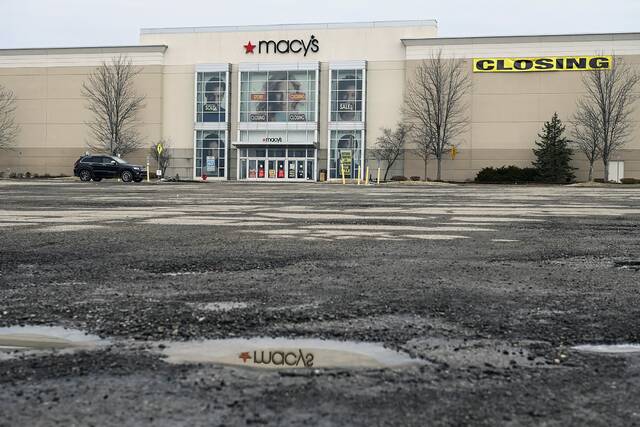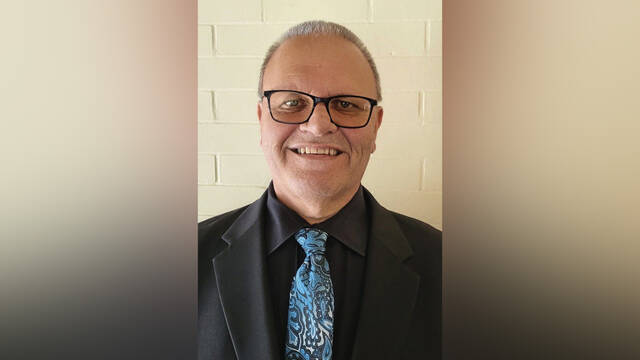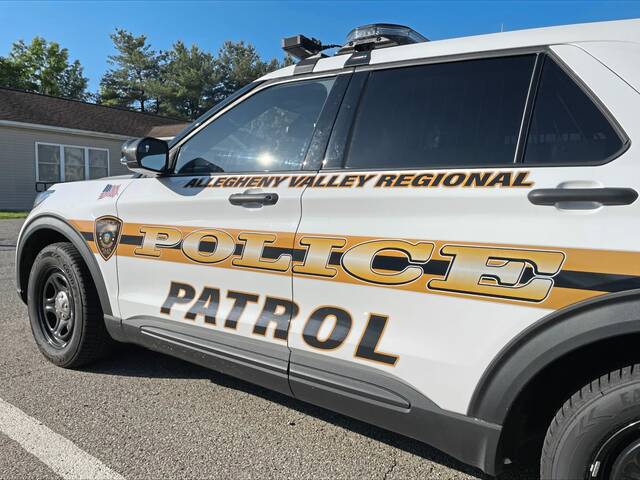People watching the O’Hara Council meeting online via Zoom on Tuesday night erupted in cheers and applause following a vote to rename Squaw Valley Park.
Council voted 6-1 to rename the site O’Hara Township Community Park, bringing a swift resolution to a two-month heated debate over removing the word Squaw – a word that means Native American Indian woman or wife but is considered a slur.
“It’s always the right time to do the right thing,” Councilman John Denny said. “The issue of whether the word is a slur is done. We know it’s bad and it offends. It’s council’s job to make decisions that are right for the community.”
Councilman Scott Frankowski was the lone holdout, saying he thought a vote was “jumping the gun.”
He hoped to hold off voting until an in-person hearing was possible, noting that many residents might not have access to technology.
“I haven’t had time to do door-to-door knocking,” he said. “We’re trying to change history, and we need to take time. There’s a lot more to this.”
The issue first came to light during a June 11 Black Lives Matter rally in O’Hara, when Fox Chapel resident Michele Leonard, a Native American, spoke to a crowd of hundreds.
Since then, opposing groups have circulated online petitions to retain or remove “Squaw” from the names of roads, parks and trails throughout the Lower Valley.
Fox Chapel Council on July 20 agreed to form a committee to review the impact of the word and its use in borough street and trail names. It is expected to discuss the renaming of Old Squaw Trail and Squaw Run Road, among others, when it meets at 6 p.m. Monday, Aug. 17.
O’Hara Councilwoman Allison Berger said she didn’t see the need to keep rehashing a name change. The park is a representation of the entire community, and it was time for an evolution, she said.
“Now that we know what it means, what are we going to do?” she asked. “We can and must do better. Changing the name will not change our memories or experiences at the park.”
Council member George Stewart supported the move, saying that people across the country have been lobbying for more than a decade to remove the word from public spaces.
Squaw Peak in Arizona was renamed in 2003, and people in the Utah town of Provo pushed to rename a similarly named mountain in 2017. Just last month, leaders at the Squaw Valley Ski Resort in California said they were eyeing a name change.
“It’s fairly clear ‘Squaw’ is viewed by a large number of Native Americans as a slur. There’s no doubt about that,” Stewart said. “It’s not inclusive, and it’s time to change it.”
Councilman Chuck Vogel said he never knew the word was a slur. But now he does.
“The choice is clear,” he said. “This is our job. We weren’t voted into office to take surveys. We are supposed to do what we think is best for our community.”
Council President Bob Smith argued against the notion that renaming the park changes history, as some have suggested. He said there is no data in township records to say how the park name was derived.
“There’s no history there,” he said.
Council members agreed to have the parks and recreation committee develop programming that would tell the story of Native Americans in the Lower Valley. Members suggested that township historian Tom Powers work with the committee and the nearby Council of Three Rivers American Indian Center to create story boards that educate park-goers.
Powers said the tale of Squaw Run likely came from an 1885 folklore of a fleeing bride, which appears to be more legend than fact.
No one other than Frankowski spoke on Tuesday against the change.
But several Zoom participants spoke in favor of it, with some saying they have many good memories of the park and none of them are related to its name.
Fox Chapel Area alumni Eli Berman, a descendant of the Powers family who were among the first settlers in O’Hara, supported the change.
“White settlers are my history, and I’m fully behind the name change,” Berman said.
When the change passed, several people in the remote meeting shouted to council that they were “on the right side of history.”








